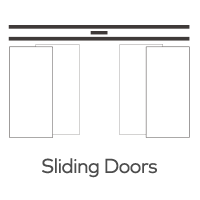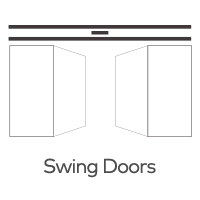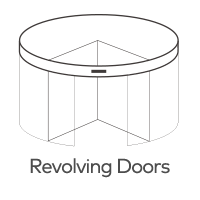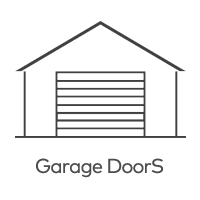What are the common issues that arise with automatic door sensors in commercial buildings?
Automatic door sensors play a pivotal role in enhancing convenience, accessibility, and energy efficiency in commercial buildings. However, like any technological system, they are not immune to challenges. In this article, we delve into the common issues that may arise with automatic door sensors in commercial settings and explore strategies for addressing these challenges.
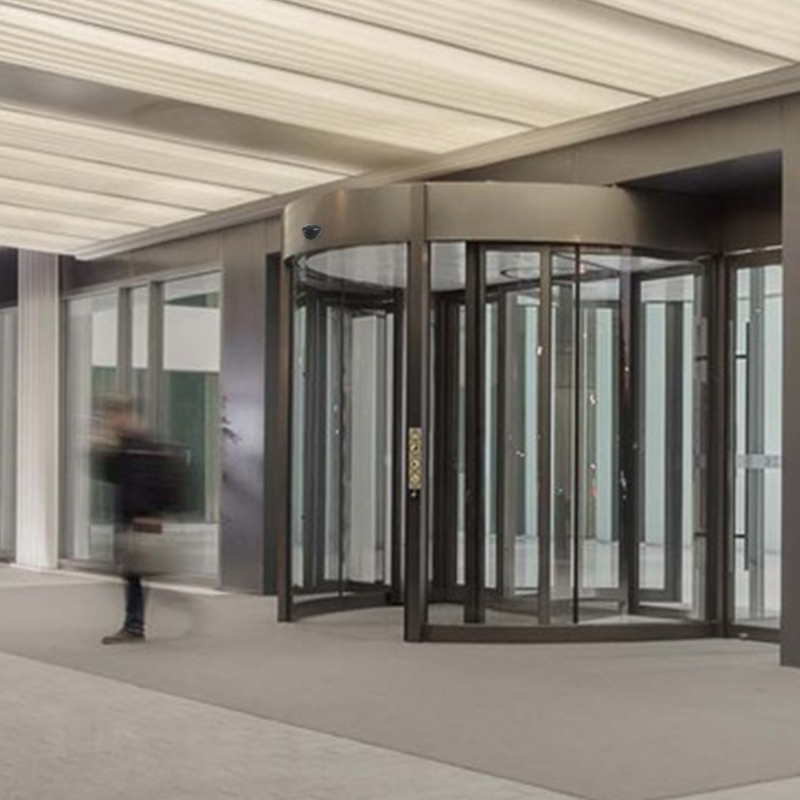
1. Sensor Calibration and Settings:
Issue: Incorrect sensor calibration or settings can lead to erratic door behavior, such as delayed openings or premature closures.
Solution: Regularly check and calibrate sensor settings to ensure they align with the specific requirements of the building's traffic patterns.
2. Environmental Interference:
Issue: External factors like direct sunlight, extreme temperatures, or nearby electronic devices can interfere with sensor signals, resulting in malfunctions.
Solution: Shield sensors from direct sunlight, place sensors strategically to minimize interference, and opt for advanced sensors with features that mitigate environmental effects.
3. Sensor Obstruction:
Issue: Accumulation of dust, debris, or physical obstructions on or around the sensor can impede its functionality.
Solution: Regularly clean sensors and ensure there are no obstacles in the sensor's field of view. Consider installing protective covers to minimize the impact of environmental elements.
4. Power Supply Issues:
Issue: Fluctuations in power supply or low battery levels can affect the performance of automatic door sensors.
Solution: Implement regular maintenance checks to ensure a stable power supply and replace batteries promptly. Consider sensors with backup power options for added reliability.
5. Misalignment of Sensors:
Issue: Over time, automatic door sensors may become misaligned due to building settling or structural shifts.
Solution: Periodically inspect and realign sensors to ensure they accurately detect movement and operate seamlessly.
6. Inadequate Sensor Range:
Issue: Insufficient sensor range may lead to doors not opening in a timely manner, causing inconvenience for building occupants.
Solution: Adjust sensor sensitivity or consider upgrading to sensors with a broader detection range, especially in areas with high foot traffic.
7. Wear and Tear:
Issue: Normal wear and tear can impact the overall performance of automatic door sensors over time.
Solution: Implement a regular maintenance schedule, replacing worn components and ensuring that sensors are in optimal working condition.
8. Faulty Wiring or Connections:
Issue: Loose connections or damaged wiring can disrupt the communication between the sensor and the door control system.
Solution: Conduct thorough inspections of wiring and connections, addressing any issues promptly to maintain a reliable connection.
9. Software or Firmware Issues:
Issue: Outdated or malfunctioning software or firmware can result in operational glitches.
Solution: Regularly update the software or firmware of automatic door sensor systems to benefit 10. Lack of Regular Maintenance: - Issue: Neglecting routine maintenance can lead to the gradual degradation of sensor performance. - Solution: Establish a proactive maintenance plan, including cleaning, calibration, and component checks, to identify and address potential issues before they become significant problems.
By understanding and proactively addressing these common issues, commercial building operators can ensure the continued effectiveness of their automatic door sensor systems. Regular maintenance, strategic placement, and the adoption of advanced sensor technologies contribute to the overall reliability and longevity of automatic door systems in commercial environments.


